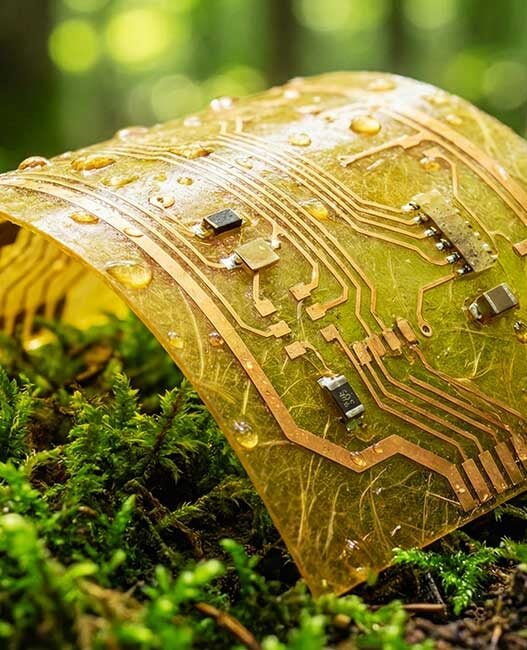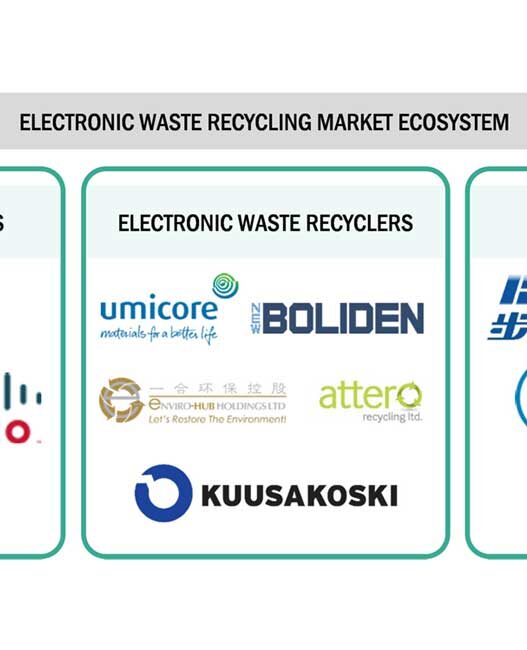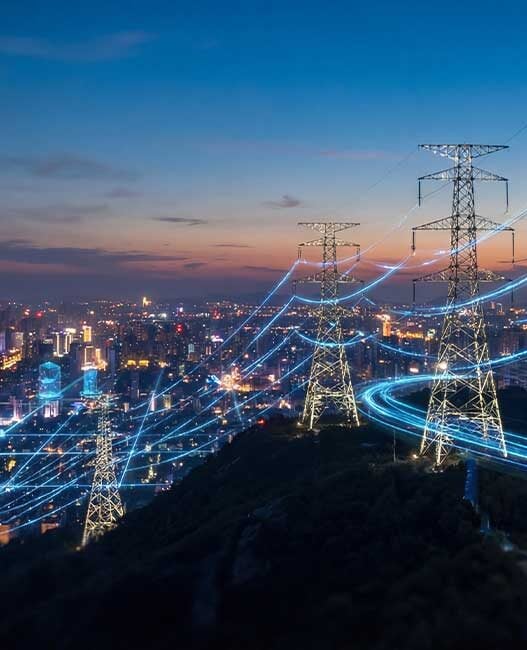Bioenergy is recognised as a key renewable energy source and an essential component of a low carbon energy economy. According to the Committee on Climate Change, bioenergy could provide up to 15% of the United Kingdom’s energy demand by 2050.
In June 2019, the UK became the first major economy to set a legally binding commitment to reach net zero carbon emissions by 2050. The uptake of bioenergy generation, currently responsible for seven percent of energy demand, has contributed to the UK achieving the highest decarbonisation rate of all G20 countries, sitting at 3.7%.
Unlike some renewables, bioenergy generation requires the use of biomass fuel to produce energy. That includes anything from food and agricultural waste to timber, plants and even sewage. The availability of biomass is good and rapidly expanding with the advancement of new technologies, especially in terms of anaerobic digestion and food waste. However, this doesn’t mean bioenergy will be enough to be the sole generation of energy – it will be a key complimentary source to back up other types of renewable energy.
But how can this energy source be integrated onto a grid designed for fossil fuel-based generation? Continuous depletion of primary fuel resources and concern about pollution means that uptake of renewable energy, including bioenergy, is essential. As a result, the development of smart grids has gained huge strategic significance.
Wind and solar power generation are undoubtably two key players in the commitment to lower carbon emissions. However, the intermittent and fluctuating nature of these resources means that controlling and monitoring their output to the grid is a difficult task.
Unlike wind and solar energy, which are dependent on weather and therefore volatile, power from bioenergy can provide a flexible method of integrating these renewable sources effortlessly to the grid. Bioenergy can be used to relieve the pressure on the system level management of the grid by making it more balanced, playing a focal role as a stabilising agent in renewable power supply.
Bioenergy generation can also be a key tool in reacting to energy trading; generating energy when it is in high demand. However, this is only possible with accurate data acquisition and monitoring.
Integrated, seamless information flows from bioenergy generation sites are critical success factors for implementing this source. Using a distributed software platform like zenon, allows operators to paint a full picture of bioenergy generation; through control of the generation plant, constant monitoring of the data collected and the monitoring demand from the grid.
Using the communication enabled by a platform like zenon means that the grid and its power sources can react to energy trading by identifying periods of high demand. It also allows for extensive asset distribution, generating a map of potential energy in storage, for example, and making that data available to all operators on the grid.
Not only a suitable system for the management of bioenergy generation, zenon is a unifying element that adds a layer of intelligence between systems on a smart grid. As well as connectivity, zenon also assumes control of the contextualisation of data, to make it useful and easy to evaluate. Through cloud connectivity, the system allows for secure distributed fleet management across multiple generation sites and locations, which can be configured and maintained from a central location. Put simply, operators can make data-driven decisions, wherever they are.
Bioenergy could provide the flexibility to balance the fluctuating characteristics of other renewable sources, like wind and solar power. Deployment and effective use of control technologies like zenon will not only improve performance and operations of bioenergy sites, but will allow the renewable energy source to continue to grow – further chipping away at the United Kingdom’s dependence on fossil fuel-based power.















